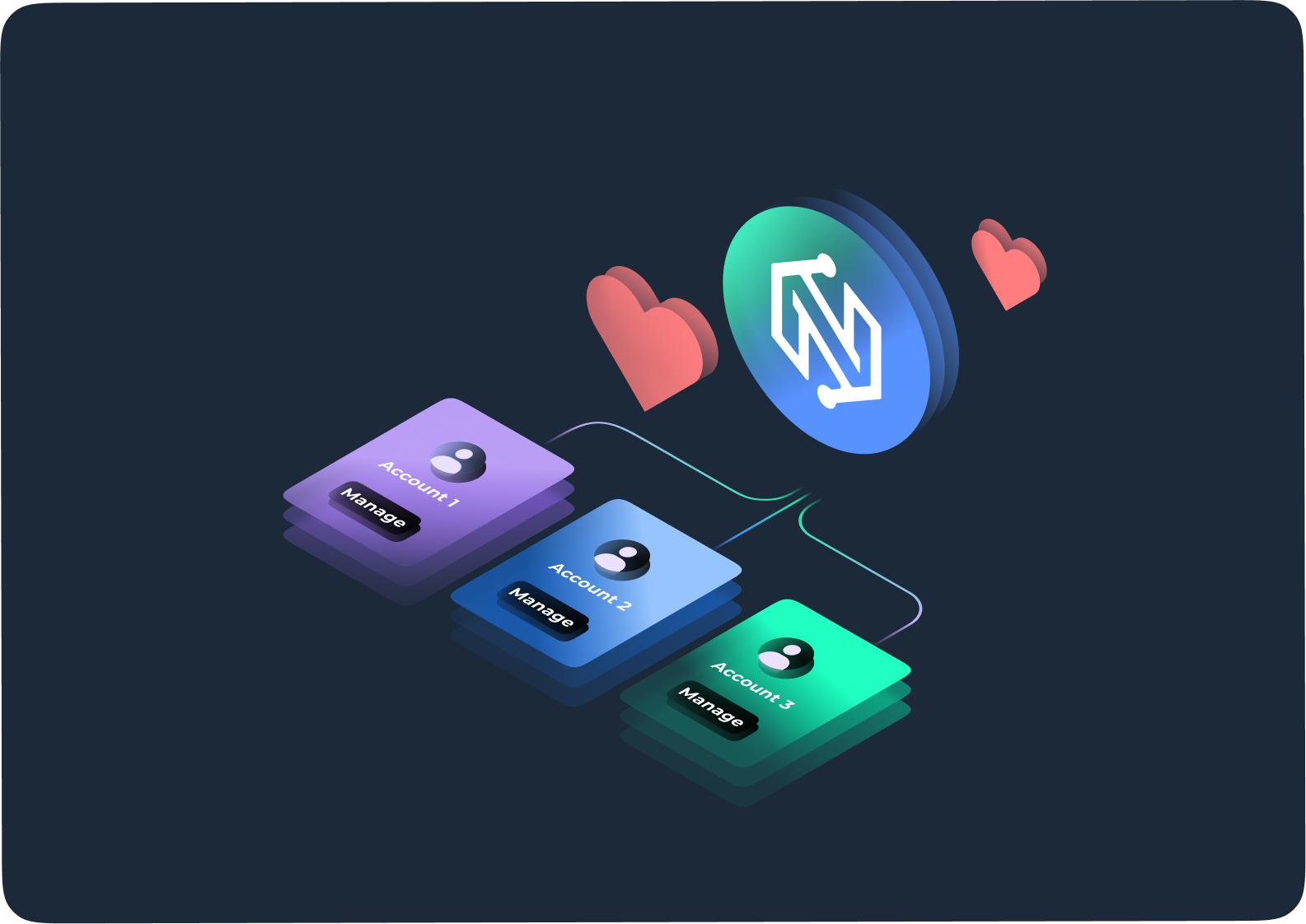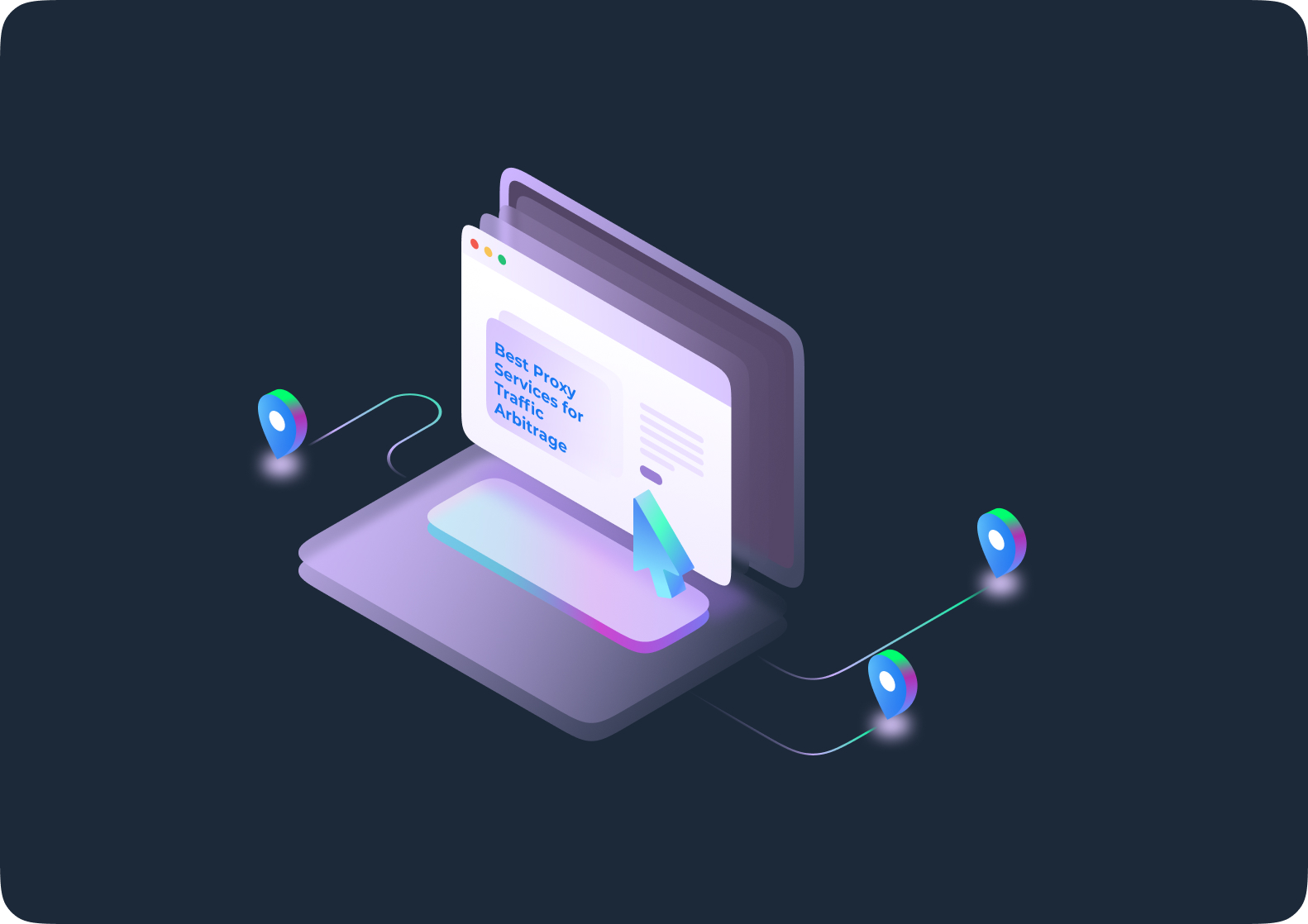Did you know that in 2023, approximately 67% of the world’s population (about 5.4 billion people) were online?
With such a vast digital presence, tracking an IP address has become a crucial tool for businesses, cybersecurity professionals, and marketers.
From identifying the location of website visitors to preventing fraudulent activities and optimizing online campaigns, IP tracking serves a variety of critical functions.
Every internet-connected device is assigned a unique IP address, which enables ideal communication between users and servers. However, this also means that websites and companies can monitor user activity, which raises concerns about privacy and ethical data usage.
In this article, we will explore how to track IP address, the methods used, common use cases, privacy concerns, and how residential proxies can help maintain anonymity.
Understanding IP Addresses and Their Role in Online Tracking
An IP address (Internet Protocol address) is a numerical label assigned to every device that’s connected to the internet. It serves two primary functions: identifying the host or network interface and providing a location for communication.
IP addresses come in two main types:
- IPv4: The most commonly used IP format, consisting of four sets of numbers (e.g., 192.168.1.1).
- IPv6: A newer format designed to accommodate more devices, consisting of eight groups of alphanumeric characters.
From an online tracking perspective, IP addresses help determine a user’s approximate location, ISP (Internet Service Provider), and browsing behavior.
Websites and online services use this information to personalize content, optimize user experiences, and enhance security.
However, not all IPs are the same. Some users rely on static residential proxies, which provide a fixed IP address sourced from legitimate ISPs, granting stability and authenticity.
Others prefer rotating residential proxies, which frequently change IP addresses, making it harder for tracking systems to associate activity with a single user.
Understanding these distinctions between the types of proxies helps businesses choose the best proxy solutions for security, anonymity, and operational efficiency.
Methods to Track an IP Address
IP tracking is performed using several techniques, ranging from basic geolocation tools to advanced analytics. Some methods provide precise location details, while others focus on behavioral analysis.
IP Lookup Tools and Geolocation Services
One of the most common ways to track an IP address is through IP lookup tools and geolocation services. These tools analyze publicly available data to identify an IP’s country, city, ISP, and approximate latitude and longitude.
Some popular IP lookup services include:
- MaxMind – Offers an extensive geolocation database.
- IPinfo.io – Provides real-time IP intelligence.
- Whois Lookup – Reveals the owner and registration details of an IP.
Reverse IP Tracking: What It Reveals
Reverse IP tracking allows users to see which websites or domains are hosted on the same IP address. This is commonly used for:
- Identifying all websites running on a shared hosting server.
- Investigating potential phishing or scam websites.
- Tracking business competitors and their online presence.
Tracking IPs Through Server Logs and Analytics
Web servers and analytics platforms record visitor IP addresses to provide insights into user behavior. Website owners use these logs to:
- Monitor traffic sources and user demographics.
- Detect unauthorized access attempts.
- Optimize website performance and prevent spam or bot activity.
Advanced analytics platforms, such as Google Analytics, use IP tracking to enhance marketing campaigns and security protocols.
Common Use Cases for Tracking an IP Address
Tracking an IP address serves multiple purposes across industries, from cybersecurity to digital marketing and law enforcement.
Businesses use IP tracking to analyze web traffic, prevent fraudulent activities, and optimize advertising efforts. Meanwhile, government agencies and security professionals rely on IP tracking to combat cybercrime and enforce digital regulations.
Understanding how different industries use IP tracking can help businesses and individuals make informed decisions about online security and data privacy.
Let’s explore some of the most common applications.
Cybersecurity and Fraud Prevention
Cybersecurity professionals use IP tracking to identify and block malicious activities. Common applications include:
- Detecting and preventing DDoS attacks by identifying multiple requests from suspicious IPs.
- Blocking access from blacklisted IP addresses associated with hacking or spam.
- Verifying the legitimacy of login attempts to prevent unauthorized access.
Ad Targeting and Digital Marketing
Advertisers and digital marketers rely on IP tracking to serve geo-targeted ads and measure campaign effectiveness.
Key benefits include:
- Delivering location-based ads to relevant audiences.
- Analyzing customer behavior and interests based on IP activity.
- Preventing ad fraud by identifying fake clicks and impressions from bots.
Law Enforcement and Investigations
Law enforcement agencies track IP address to combat cybercrime and locate offenders. IP tracking assists in:
- Tracing illegal activities such as fraud, cyberattacks, and harassment.
- Identifying the origin of cybercriminals to enforce legal actions.
- Locating missing persons or devices based on IP activity logs.
In many cases, authorities collaborate with ISPs to access IP records legally and trace individuals involved in criminal activities.
Privacy Risks and Ethical Considerations of IP Tracking
While tracking an IP address can be beneficial, it raises ethical and privacy concerns. Many users are unaware that their IP is being logged, which can lead to privacy breaches.
Key concerns include:
- Lack of user consent – Many websites track IPs without explicit permission.
- Risk of data misuse – IP data can be exploited for tracking and surveillance.
- Inaccuracies in geolocation – IP geolocation is not always precise and can misidentify users.
To protect privacy, users can:
- Use VPNs or proxies to mask their real IP.
- Enable browser privacy settings to limit tracking.
- Be mindful of data-sharing policies when using online services.
How NodeMaven’s Residential Proxies Enhance Privacy and Control
For users who want better control over their online presence, NodeMaven offers residential proxies that provide anonymity and security. Residential proxies use real IPs assigned by ISPs, making them virtually undetectable and ideal for privacy-focused tasks.
Why Choose NodeMaven’s Residential Proxies?
- Authentic residential IPs – Unlike datacenter proxies, our residential proxies come from real ISPs, securing high trust and legitimacy.
- Uninterrupted IP rotation – Rotate IP addresses dynamically for enhanced security and anonymity.
- Geo-targeting capabilities – Access region-specific content and test localized marketing campaigns.
- Avoid IP bans and blocks – Our proxies help bypass website restrictions, allowing uninterrupted access to services.
- Ideal for secure web scraping – Gather data efficiently without triggering anti-bot detection systems.
- 24/7 customer support – Get expert assistance whenever you need it.
Take control of your online identity with NodeMaven’s residential proxies today – sign up now!


